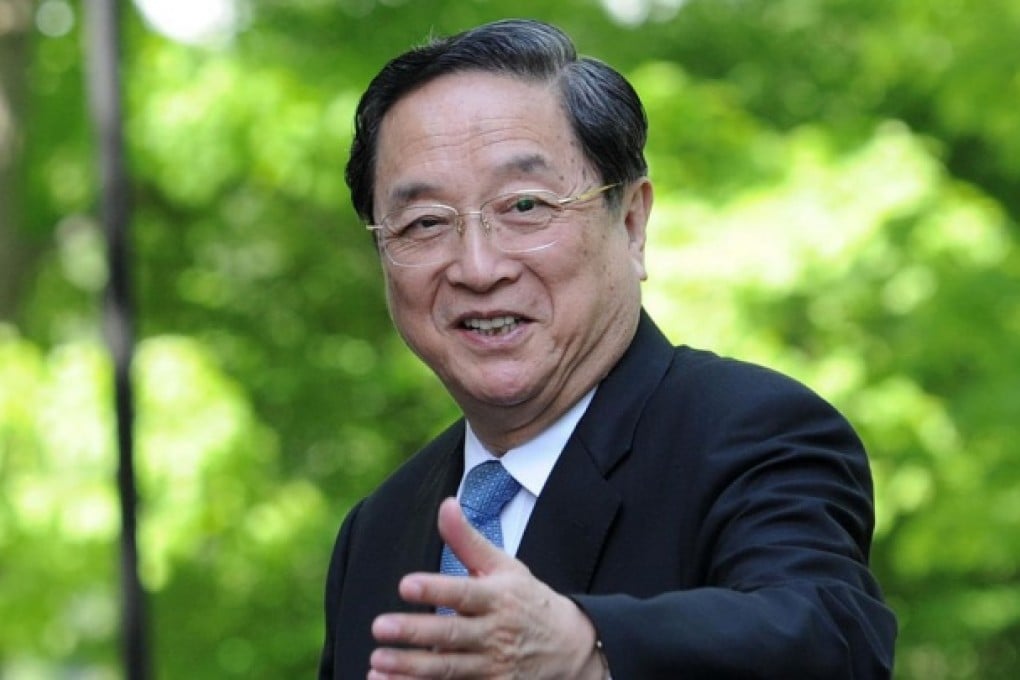
The chairman of the Chinese People's Political Consultative Conference, Yu Zhengsheng, has been put in charge of ethnic and religious issues in the troubled Xinjiang and Tibet autonomous regions, giving him more clout than his predecessors.
The online version of Beijing-based Caijing magazine said Yu was recently made head of the party's central leading small groups on Xinjiang and Tibet affairs. He is also deputy chief of the top party group overseeing Taiwan affairs, under party general secretary Xi Jinping .
Yu, with Xinjiang party chief Zhang Chunxian and top ethnic affairs official Wang Zhengwei , spent a week late last month touring Xinjiang, including visits to Hotan , Kashgar , Yili and Urumqi , the Xinjiang Daily reported on Wednesday.
Yu pledged to stick to the spirit of the party's 18th national congress in November and a central work conference in Xinjiang after violent clashes between Han Chinese and Uygurs in July 2009 left nearly 200 people dead and thousands injured.
In early January, Yu spent a couple of days visiting Tibetan families in Ganzi, Sichuan . Tibetan-populated areas in the provinces of Sichuan, Gansu and Qinghai have reportedly seen nearly 120 self-immolations in protest against communist rule since 2009.
The party's leading small groups are the ultimate decision-making bodies on key issues and are led by at least one member of the Politburo Standing Committee.